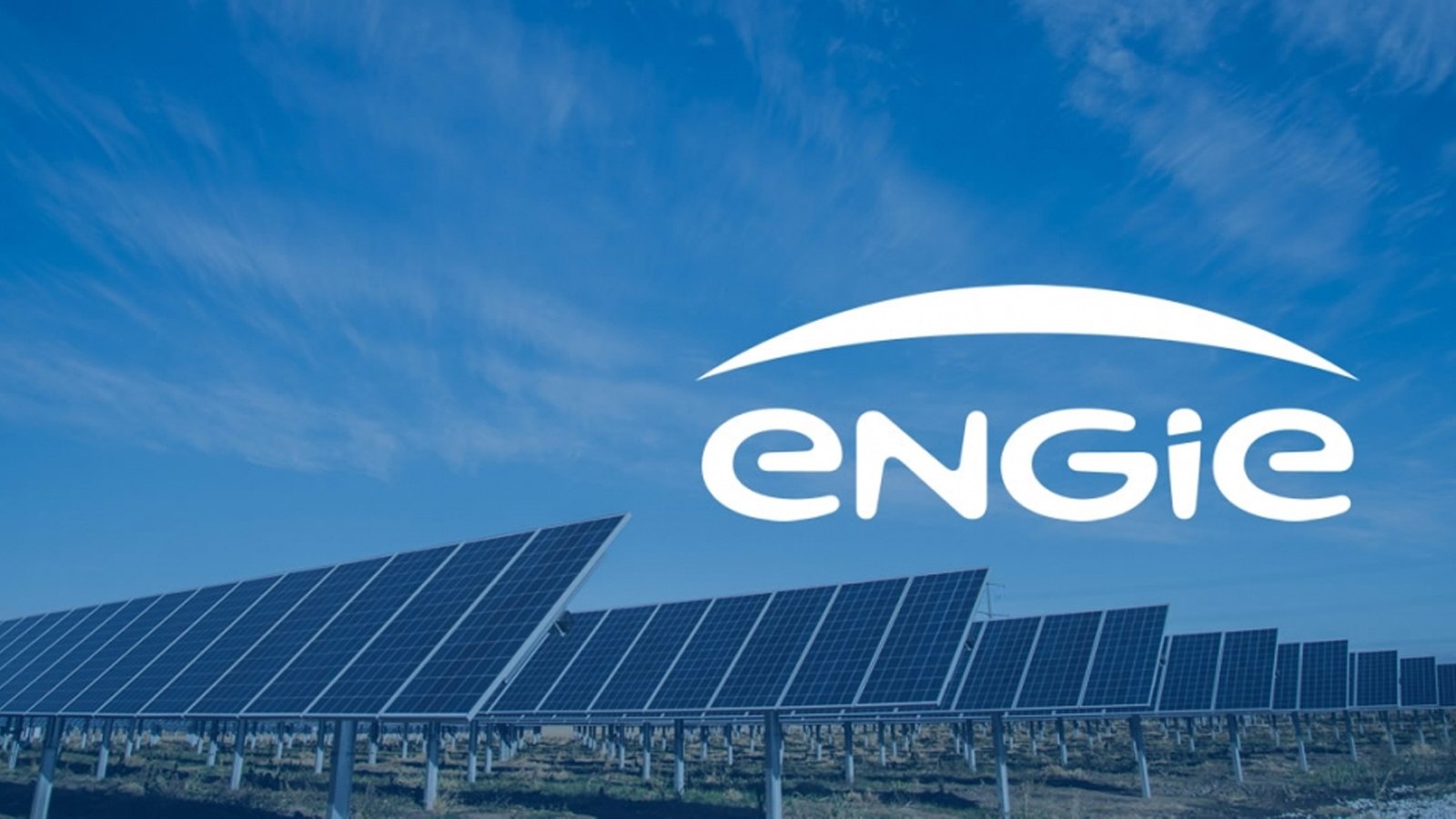ENGIE Energy Access (Africa) has signed a partnership with the Ministry of Energy in Gabon to electrify offgrid households across the country through the sales and distribution of high-quality solar home system kits. More than 40,000 households are expected to benefit from this partnership over the next five years, resulting in over 200,000 lives impacted.
As stated by the Minister of Energy, Mr Alain-Claude BILIE-BY-NZE. improving access to electricity in rural communities is a priority for the Government and this partnership will contribute to the acceleration of the country’s electrification ambitions. The project will benefit the communities in the areas of education, healthcare, small-scale business, entrepreneurship and much more. The social impact can also not be overlooked, as women will be the beneficiaries of more than a third of the resulting employment opportunities. The pilot phase of the project will start next month in April.
READ: The Sasol Solar Challenge is back with more teams, strategy and adventure
The government of Gabon has fixed targets of providing electricity for 85% of rural areas by 2025 and achieving universal access to electricity for its population of around 1.7m by 2035. The objectives were set out in the Policy Letter for Universal Access for Basic Services in Rural Areas, which was approved by the Council of Ministers in September 2014, and which also noted that only 15% of rural areas had electricity as of 2014.
ENGIE is the largest independent electricity producer in the world, and one of the major players in natural gas and energy services. The Group has more than 50 years of experience on the African continent and has the unique ability to implement integrated solutions all along the energy value chain, from centralized electricity production to off-grid solutions (Solar Home Systems, mini-grids) and energy services. ENGIE Africa counts nearly 4,000 employees, has 3.15 GW of power generation capacity, and is a leader in the decentralized energy market providing clean energy to more than 4 million people, in 9 countries through domestic solar installations and local mini-grids.

